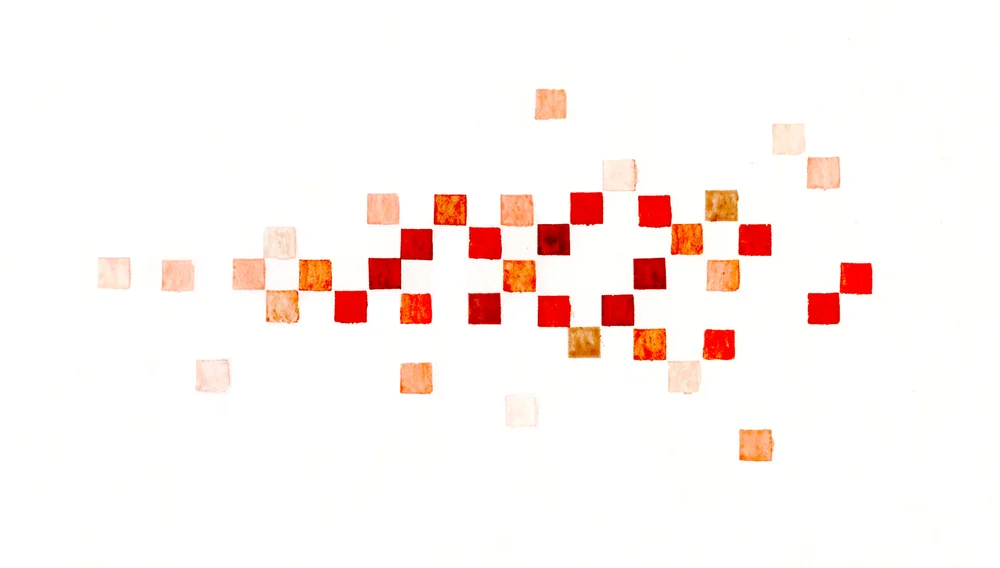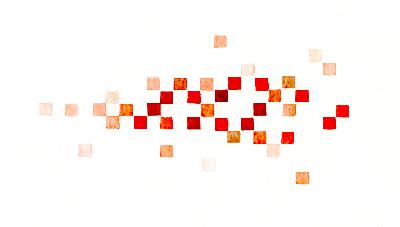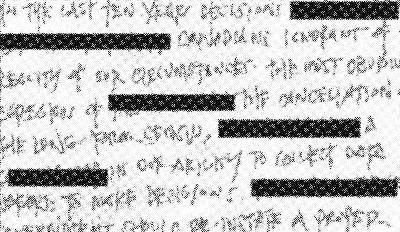Foreign Posturing: How does Harper’s foreign policy stack up?
Description
sqs-block-image-figure
intrinsic
">

</figure>
Paul Heinbecker is a senior advisor to the School of International Policy and Governance at Wilfrid Laurier University and a fellow of the Balsillie School of International Affairs in Waterloo. A former chief foreign policy advisor to Prime Minister Brian Mulroney, he was appointed ambassador to Germany by Mulroney and ambassador to the United Nations in New York by Jean Chrétien.
This essay will appear in the October volume of the Literary Review of Canada.
In the current election campaign, the Conservative spin machine is marketing a story of international statesmanship and principled policy, of economic action plans and historic trade agreements, of a rediscovered warrior spirit and newfound hard-nosed diplomacy. Before electoral spin renders campaign hype into enduring “fact,” it is worth examining the broad lines of the Harper government’s international performance.
To put the claims made for Stephen Harper’s foreign policy into context, it is helpful to compare his government’s record with that of previous Canadian governments and especially, in the interests of diminishing any partisan biases, with the (Progressive) Conservative government of Brian Mulroney. Mulroney and Harper both came to office after long years of Liberal government and both have served just under a decade in office. Some of the issues are different, of course, and times have changed, but not so much as to invalidate all comparisons.
International Experience Matters
Conservative attack ads have been reminding Canadians ad nauseam that the office of prime minister is not an entry level job, which is presumably unintentionally ironic because Harper came to office with scant international experience. According to biographer John Ibbitson, Harper “hates travel, just detests it and really didn’t do any of it before he became prime minister.” There was, in fact, little in Harper’s past to suggest a curiosity about international affairs or an aptitude for diplomacy. What is past is prologue, and Harper’s performance has contributed to Canada’s international isolation, which is now as deep as it has been in 75 years.
With the exception of David Emerson, who served briefly, Harper has appointed foreign ministers as bereft of international experience as he was. Furthermore, the Harper government made clear it neither valued the expertise of Canada’s foreign service, aggregated across geography and time, nor trusted it. His government sold off irreplaceable diplomatic real estate abroad—important multipliers of diplomatic access and influence, that had been acquired over generations—and willfully diminished our diplomats’ standing, both in the countries in which they served and at home.
Mulroney also came to office suspicious of what John Diefenbaker had referred to as “Pearsonalities.” But after initially threatening public servants with “pink slips and running shoes,” he used the foreign service extensively, appointing several of its officers to senior positions in his Prime Minister’s Office. In an apparent rebuke of the Harper government, he recently remarked that “not tak[ing] full advantage of the brilliance and innovation of the Department of Foreign Affairs and International Trade” is a “mistake.” Mulroney has also observed that Canadian foreign service officers “rank with the very best and are regarded with admiration and respect.”
Personal Diplomacy
Regular contacts among leaders, especially face-to-face meetings, are essential because they force stock taking by officials and decision making by leaders. Such personal diplomacy matters because it is probably the surest way of getting the attention of foreign leaders, above all in Washington. Competition for the time of the U.S. president is especially intense, because leaders of 192 countries around the world want their issues on the president’s desk, not on the desk of some deputy assistant secretary. For that to happen, a foreign leader needs a personal relationship with him (so far only “him”).
Mulroney understood instinctively the importance of personal diplomacy. Deprecated in Canada, he won the respect and friendship of many abroad. In 1991, the United Kingdom, United States, Russia and France urged him to stand for United Nations secretary general, an invitation he declined because of ongoing constitutional negotiations. South Africa gave him the highest award it bestows on its own citizens and foreign nationals for contributing to the advancement of democracy in South Africa. On the death of Ronald Reagan, Nancy Reagan asked him to eulogize her husband at the funeral. Mulroney was as outgoing as Harper is reserved, and was incomparably better connected.
In the decade since Harper assumed office, there have been just three visits of American presidents to Canada. Bush came once for a NAFTA summit, and Obama came for a five-hour bilateral visit to Ottawa and to the G8 and G20 summits in Muskoka and Toronto. In contrast, Mulroney hosted eight visits by American presidents (Jean Chrétien hosted six). Mulroney also stayed in close touch with Margaret Thatcher, François Mitterrand and Helmut Kohl, and earned Kohl’s gratitude for helping persuade the others to drop their opposition to German unification. He also maintained frequent contact with Commonwealth leaders, notably Rajiv Gandhi, Nelson Mandela and Bob Hawke, making full use of summits to advance issues, especially the fight against apartheid—which had no significant diaspora payoff in Canada. He used the personal relationships he developed at summits to good effect, for example, persuading Mitterrand to keep France on the sidelines during Canadian constitutional referendums.
In a 2012 Time interview, Obama listed the leaders of Germany, Singapore, India, Turkey and the UK as his close contacts. He did not mention Harper. Nor was Harper close to George W. Bush. When the latter was leaving office, according to Paul Wells in The Longer I’m Prime Minister, his spokesman said the president called 15 world leaders to say goodbye, including six of his seven G8 colleagues. He reportedly did not call Harper.
The imperatives of personal diplomacy extend to the U.S. Congress. Many of Harper’s foreign contemporaries have found it essential to present their concerns to Congress, including the leaders of Israel (twice), the United Kingdom, Australia, Germany, France, Mexico, Korea (twice), Ukraine and Jordan. Mulroney addressed a joint session of Congress in June 1988. Harper has never spoken to Congress.
The Harper government got a hard lesson in the importance of personal diplomacy recently when it was revealed that American negotiators in Trans-Pacific Partnership negotiations had concluded a bilateral deal with Japan that would let Japanese automakers ship cars and auto parts into North America duty free using materiel from Japan’s low-cost non-TPP partners, handicapping the crucial Canadian car and auto parts industries. Washington apparently did not give Ottawa advance warning, a breach of trust that would have been inconceivable in Mulroney’s day.
Spin and Reality
Unlike preceding prime ministers, Harper did not conduct a foreign policy review when he came to office. Had he done so, he could have tested his ideological instincts against reality and saved Canada embarrassment. His acolytes argued at the time that real countries did not review foreign policy; they just did it, a claim belied by, for example, Washington’s National Security Strategy review, which has been done at least once a presidential term. A cabinet of neophytes with a surplus of ideology needed to sort out what it thought, beyond just not doing whatever it was the Liberals had done.
Harper’s PMO saw him as making a major break with past policy. That policy was said to have been too much about helpfully fixing others’ problems and too little about advancing Canada’s own hard interests and fundamental values. No more. Canada would look after itself first. Soft, co-optive power was out; hard, coercive power was in. Canada would stand with democratic allies, and fight.
The corpses of strawmen litter this rhetorical PMO battlefield. In reality, the objective of Mulroney and his Liberal counterparts had never been merely to be nice but had always been to be effective. Mulroney believed that Canada’s vast, difficult-to-defend territory, comparatively modest-sized population and dependence on international trade and investment meant that cooperation in creating and upholding international rules of the road, from the United Nations to the International Monetary Fund to the North Atlantic Treaty Organization, were in Canada’s hard national interests. Nor had Canada ever been neutral, not in the First and Second World Wars, not in the Korean War and not in the Cold War either. The military has always had a significant place in Canadian foreign policy—but so has robust diplomacy, social justice and economic self-interest.
Initially, the Harper government hyped the military, downgraded diplom
























